Introduction to Cytarine 1gm Injection
Cytarine 1gm Injection
contains the active ingredient Cytarabine, an antineoplastic drug classified as an antimetabolite. It is used alone or in combination with other chemotherapy medications to treat certain types of leukemia, such as acute myeloid leukemia (AML) and chronic myelogenous leukemia (CML), which are characterized by an overproduction of white blood cells. Additionally, it is used to treat and prevent meningeal leukemia, a cancer affecting the membranes that protect the brain and spinal cord.
Do not use Cytosar 1000mg injection if you are allergic to Cytarabine or any of its components. Inform your doctor if you experience coordination issues, are using other anti-cancer medications, have reduced bone marrow function, liver problems, or have recently undergone dialysis, as these factors may require special consideration during treatment.
Cytarine 1gm Injection may increase uric acid levels in your blood. Your doctor will determine if medication is needed to manage this. If you experience allergic reactions such as a rash, itching, hives, swelling of the face, lips, mouth, or throat, difficulty breathing, or wheezing, contact your doctor immediately. The safety of this medication in patients with kidney failure is unknown, so inform your healthcare provider if you have any kidney conditions.
Uses of Cytarine 1gm Injection
- Acute myeloid leukemia (AML)
- Chronic myelogenous leukemia (CML)
- Meningeal leukemia
Therapeutic Effects of Cytarine 1gm Injection
Cytarine 1gm Injection is a cytotoxic drug that acts by primarily killing cells undergoing DNA synthesis. It works by slowing or stopping the growth of cancer cells in your body.
Interaction of Cytarine 1gm Injection with other drugs
Inform your healthcare provider about all the medicines you take, including prescription medications, over-the-counter medications, nutritional and vitamin supplements, vaccines, and herbal products. Certain medications may interact with the effects of Cytarine 1gm Injection and reduce its effectiveness by causing undesirable side effects. Inform your physician if you are using digoxin.
More Information about Cytarine 1gm Injection
- Do not refrigerate or freeze.
- Keep the injection away from the reach of children and pets.
- If you forgot to take a dose on the scheduled day, contact your physician and reschedule the dose.
- Do not take a double dose to make up for a forgotten dose.
How to consume Cytarine 1gm Injection
Cytarine 1gm Injection will be given to you in a hospital setting by a trained healthcare professional. This medicine may be given by solution for injection/infusion (using a syringe) under the skin (subcutaneous) or into a vein (intravenously) or into a muscle (intramuscularly), or into the spine (intrathecal). Your doctor will decide the dose, route of administration, and duration of the treatment based on your disease condition, severity, and other factors.
Safety Advices

Pregnancy
Injection is unsafe to administer in pregnant women because it may cause birth defects. Inform your physician if you are pregnant, suspect pregnancy, or planning to become pregnant. Using an effective birth control method during the treatment and for 6 months after your last dose is necessary.

Breast Feeding
Breastfeeding is not recommended in patients taking injection because the medicine passes into the breast milk in small amounts and may harm your baby.
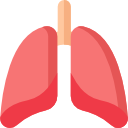
Lungs
It is unknown whether injection can be used in patients with lung disorders. Consult your doctor if you have any lung diseases before starting the treatment.

Liver
It is unknown whether can be used in patients with liver disorders. Consult your doctor if you have any liver diseases before starting the treatment.

Alcohol
It is not known whether it is safe to consume alcohol with Please consult your doctor.

Driving
Injection does not affect your ability to drive or use machinery. If you are affected, consult your doctor for more advice.
Side Effects
Side effects are unwanted symptoms caused by medicines. Even though all medicines cause side effects, not everyone gets them.
Serious
- Fever
- Loss of appetite, abdominal pain
- Swallowing difficulties
- Nausea, vomiting
- Diarrhoea
- Inflammation or ulceration in the mouth or anus
- High blood uric acid levels
- Hair loss
- Skin rashes
- Speaking difficulties
- Inflammation in the vein
Common
- Swelling and irritation of the skin
- Increased blood uric acid levels
- Blisters of the skin
- Irregular heartbeat
- Lung diseases
- Anemia
- Infection
- Kidney problems
Word of Advice
During the treatment with injection, the administration of vaccines is not advised. If required, consult your doctor. This medicine may cause infertility in men and women. Your doctor will do blood tests regularly to check whether the medicine works. Inform your physician if you have any ulcers or bleeding in the stomach or intestines. This medicine may make you bleed or bruise easily; take precautions to prevent the illness.
FAQs
Q 1. What should I monitor when taking Cytarine 1gm Injection?
Cytarine 1gm Injection may cause neurological problems, monitor for speech disturbances, eye problems, and coordination problems. Inform your physician if you have noticed any of these problems.
Q 2. What if I overdose Cytarine 1gm Injection?
High doses of Cytaneon 1000mg Injection can worsen side effects like sores in the mouth or may decrease the number of WBC and platelets in the blood, damages to nerves, severe lung problems, heart problems. Inform your physician if you experience any of the symptoms.
Q 3. Is Cytarine 1gm Injection toxic to the liver?
The safety of Cytarine 1gm Injection to the liver has not been well established. The drug may cause a few liver-related side effects. Inform your physician if you have liver diseases before initiating the treatment.
Fact Box
Molecule name: Cytarabine
Pharmacological class: Antimetabolite
Therapeutic class: Antineoplastics
Indications:
1. Acute myeloid leukemia
2. Chronic myelogenous leukemia
3. Meningeal leukemia

 MEDICINES
MEDICINES PATIENT ASSISTANCE PROGRAMS
PATIENT ASSISTANCE PROGRAMS IMPORTED MEDICINES
IMPORTED MEDICINES CONTACT US
CONTACT US Upload
Upload




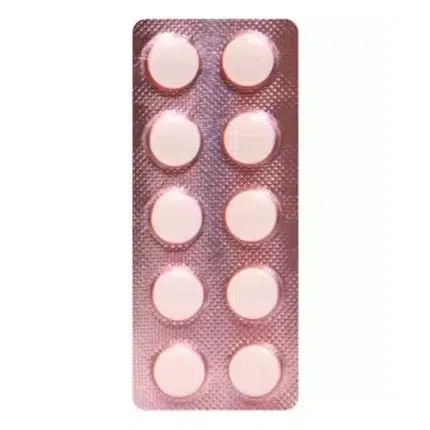

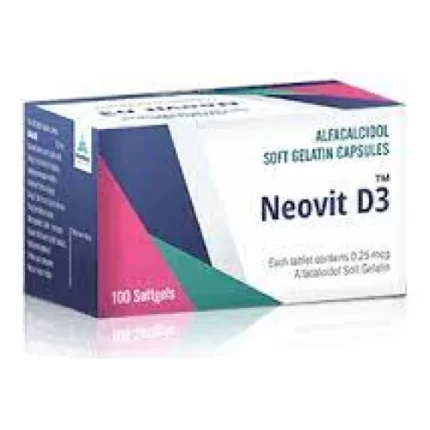
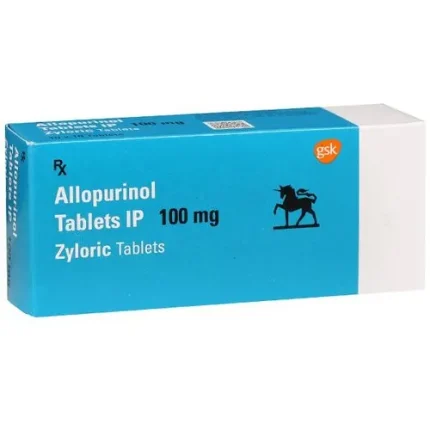
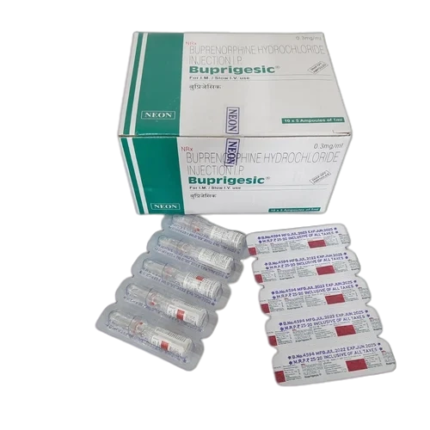
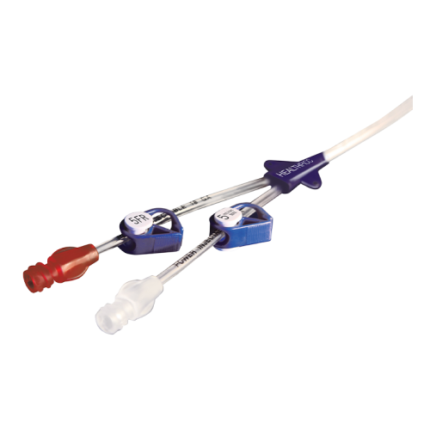

Reviews
There are no reviews yet.